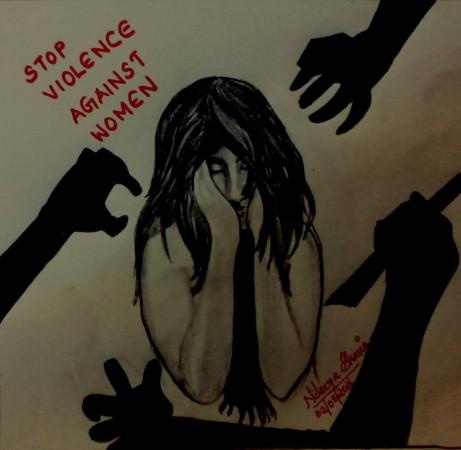
Remember sex roulette parties -- where one person secretly has HIV and no one is allowed to wear a condom -- trending in Europe? Well an even more disturbing trend has followed where teenage girls are being taken to female genital mutilation (FGM) 'parties' in cities across England, according to Leeds-based charity Black Health Initiative.
FGM, also known as female genital cutting and female circumcision, is the ritual removal of some or all of the external female genitalia. Typically carried out by a traditional circumciser using a blade, FGM is conducted from days after birth to puberty and beyond.
Black Health Initiative has said that midwives from Africa are being flown into the country to carry out the illegal practice and that police have confirmed the development. Latest NHS figures show that more than 8,000 women across England have been identified as being victims of FGM.
"We know of parties happening here in England. In West Yorkshire, we recently had to break one up and we've stopped another from taking place. What we're finding now is that where once girls were taken abroad to be cut, specialist midwives are now flown over and several girls are cut at the same time, which then leads to a celebration," Heather Nelson, chief executive of Black Health Initiative, was quoted as saying by BBC.
FGM is the partial or full removal of the external genitalia for non-medical reasons, according to World Health Organization (WHO). It is an extremely painful procedure and can lead to long-term health issues including infertility.
Many women who have undergone FGM also have issues with urinating and sexual intercourse. FGM is a practice mainly seen in Africa, the Middle East and Asia. WHO reports that more than 200 million women have suffered the procedure.
Though FGM is illegal in the UK, a recent report by the Home Affairs Select Committee said that the practice is a "national scandal" and yet no one has been successfully prosecuted for a FGM offence.
Though there is no definitive data, NHS began collating data in April 2015 about the number of women and girls coming into contact with the NHS who have been a victim of FGM at some point in their lives.
These figures show that 8,718 women have been identified as FGM victims, with 68 women saying that the procedure had been carried out in the UK. But a study published by the University of London in 2015 estimated the number to be way higher, roughly 137,000 women.










